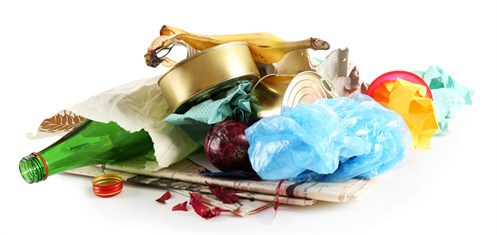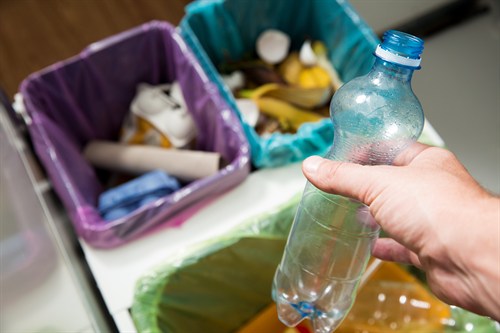Posted on 13/12/2017 by David
If your let out your holiday cottage you need to arrange a commercial waste collection service.
Overview
All businesses have a legal responsibility to dispose of their waste in an appropriate way and must be able to prove this. Using a registered waste collector is the easiest way to do this.
Do I need a commercial waste collection service?
The key document is the Controlled Waste Regulations 2012 which specifically identifies a “domestic property used in the course of a business for the provision of selfcatering accommodation” as a producer of commercial waste1.
Much of the material online says that if you are registered for business rates you need a commercial waste service. This makes sense as you’re not paying the council to collect the waste but it’s not as simple as that. The environment regulations classify letting your holiday cottage as a business activity regardless of the number of days let or available (if you use your home to run a business then any waste it produces is also counted as commercial waste).
It doesn’t matter whether you are registered for business rates or not, you still need to organise a commercial waste collection.

Your Legal Requirements
- Produce as little waste as you can. As your guests will be producing the waste it’s difficult to control how much they produce but you can make sure as much of the rubbish as possible is recycled. Leave clear instructions in your property so guests know what to do with the rubbish and when to put out the bins.
- Store rubbish securely. Providing a suitable bin or bins will do this, ideally the bins should have a dedicated area where they can be secured so they don’t blow over but this may not be difficult depending on your circumstances.
- Complete a waste transfer note for each collection. The waste collection company will provide the waste transfer note, typically it will be an annual document listing all the services provided and the collection frequency. You must sign this and keep it for at least 2 years. You can find examples of a waste transfer note here
- Check the waste carrier is registered. You can do this by searching the Environment Agency’s website or Natural Resources Wales
- Don’t allow the waste carrier to dispose of the rubbish illegaly.
Things to consider when selecting a commercial waste service
- They must be a registered waste collection agent, broker or transporter. The environment agency has a register of all approved (see point 4 above)
- What types of waste are covered? Businesses have a duty of care to make sure rubbish is recycled as much as possible
-
- food
- glass
- plastic
- paper
- cardboard
- general waste
- nappies
- How is waste collected? Except for food and nappies, some companies will offer a single bin option and sort the rubbish for you. Guests coming from different parts of the country or even overseas will be used to different recycling rules so a single bin service may be the best option. It also means that those guests that can’t be bothered to separate the different types of rubbish don’t cause a problem for you.
- Size of bin. For most properties a standard 240L bin would be sufficient but if it’s a large property then consider a larger bin or 2 bins.
- Bin cleaning service. If you regularly visit the property yourself and are happy to clean out the bin as required then this may not be a consideration but smells can otherwise build up and a clean bin is a better experience for any guests using it.
- Can they reach your property? Some properties are in remote locations with narrow roads so only small refuse trucks will be able to reach them.
- Total cost. Make sure you consider the cost for each type of bin and the collection frequency. You may have to pay a one-off charge for the bin(s) or it may be included as a rent within the service charge, in the long term it would be cheaper to buy a bin.
Warning
Some businesses have been tempted to collect their rubbish and take it to the local tip. To transport rubbish in your car or van you need to have a waste carrier licence (even for a small amount) and most tips won’t accept commercial waste. Businesses caught doing this could be fined.
Summary
- Arrange for a commercial waste collection service for your holiday cottage from a registered company
- Obtain a waste transfer note and keep it for at least 2 years

Notes
1. http://www.legislation.gov.uk/uksi/2012/811/schedule/1/made
Page 5, item 11 in the table.

